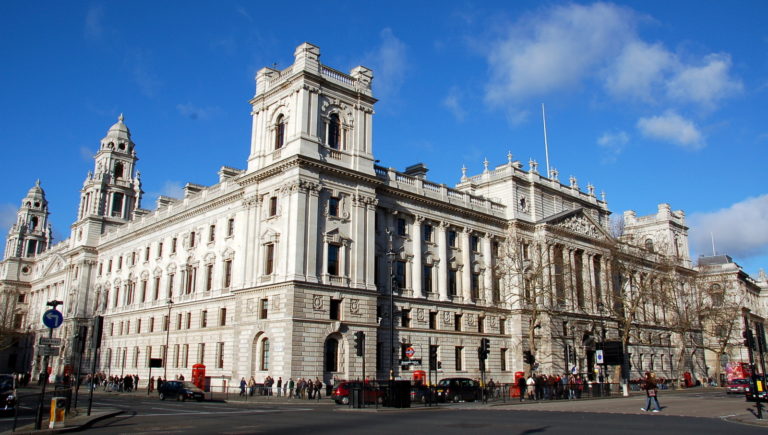
Principals of Macroeconomics: 2. David Ricardo: Aggregation, Distribution and the Corn Laws
All great thinkers run the danger of misinterpretation, in part because they tend to leave their innovative ideas incomplete due to the newness of those ideas. Misinterpretation also results from










